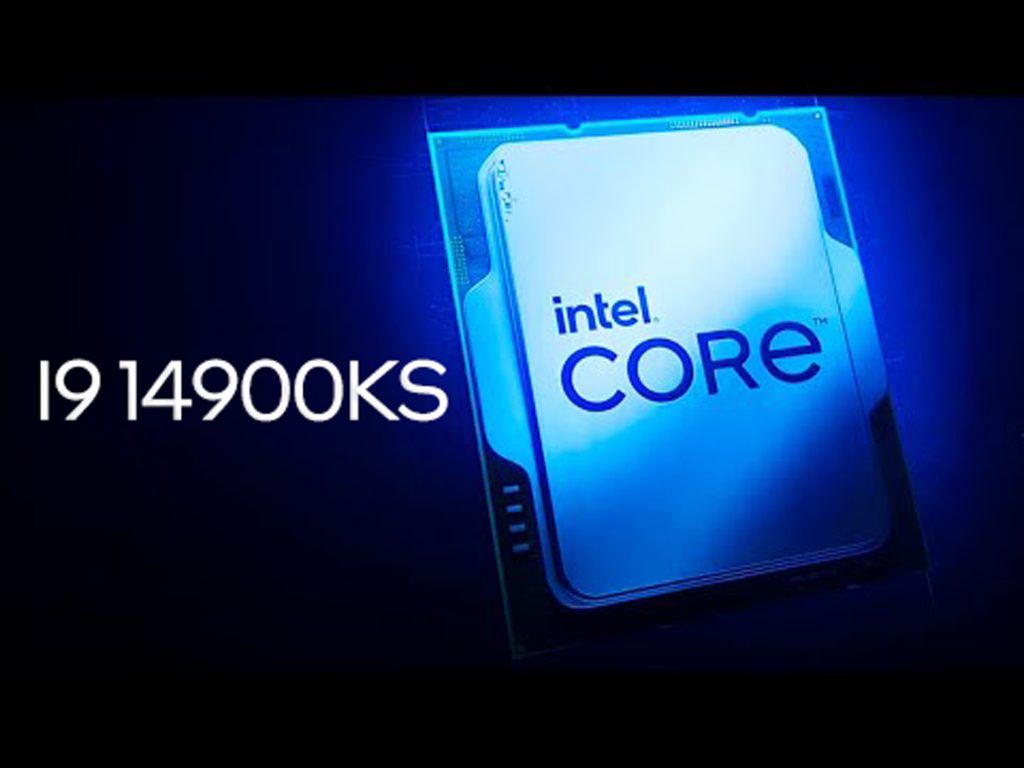Office Address
S.C Chatterjee Road - Bandel
Prantik Benepukir
IN - West Bengal
Hooghly - 712123

The tech world is abuzz with the recent leaks of Intel’s Core i9-14900KS. As a successor to the 14th generation Core i9-14900K, the 14900KS has been touted as the next big thing in processing power. But is it really a revolution, or just a rebadge and a cash grab? Let’s dive in.
Source: HXL (@9550pro)
The 14th Gen Raptor Lake Refresh from Intel has been met with mixed reviews. While it boasts higher clock speeds and additional cores compared to its predecessor, the performance improvements are marginal. This has led some to question whether the refresh is a genuine attempt at innovation or merely a cash grab.
The fact that some features have been disabled in the new generation further fuels this skepticism. Despite the higher price tag, consumers are essentially getting a product that performs only slightly better than the previous generation, but with fewer features. This has led to criticism that Intel is prioritizing profit over substantial technological advancement. It’s a reminder that in the tech world, newer doesn’t always mean better.
For gamers and tech enthusiasts, the AMD Ryzen 7 7800X3D, 5800X3D, and the upcoming 5700X3D are often seen as superior choices when compared to the 14th Gen Raptor Lake Refresh.
Moreover, these AMD processors are known for their efficiency. They offer high performance while maintaining lower power consumption, which is a crucial factor for many users, especially those who are conscious about energy usage and want to build a green PC.
Another significant advantage of the AMD 7000 series is the extended support it offers. Unlike the LGA 1700 socket, which some users feel has been prematurely abandoned, AMD’s AM4 platform has a longer lifespan. This means that users can look forward to more upgrades and improvements in the future without needing to overhaul their entire system.
Intel Core I9 14900KS is rumored to be announced at CES 2024 and will be released at some point after in January,

Here are the leaked specifications for the Intel Core i9-14900KS

The Core i9-14900KS outperforms the Core i9-14900K in single-thread performance by up to 3%. In synthetic benchmark tests, the Core i9-14900KS has a 5.6% better single-core performance than the 14900K on average and just a 3.1% better multi-core performance.
Another significant advantage of the AMD 7000 series is the extended support it offers. Unlike the LGA 1700 socket, which some users feel has been prematurely abandoned, AMD’s AM4 platform had a longer lifespan, and AM5 will share the same too. This means that users can look forward to more upgrades and improvements in the future without needing to overhaul their entire system.
In conclusion, while the 14th Gen Raptor Lake Refresh might be the latest offering from Intel, it’s not necessarily the best choice for all users. The AMD Ryzen 7 7800X3D, 5800X3D, and the upcoming 5700X3D offer strong performance, efficiency, and value for money. Plus, with the promise of continued support, they’re a choice that’s not just powerful, but also future-proof (Ryzen 7000 Series ofc).
Image Source: @9550pro